Turning point
Opinion
Some years ago I led a group of parishioners on a pilgrimage to the Holy Land, a place of life-changing opportunities.
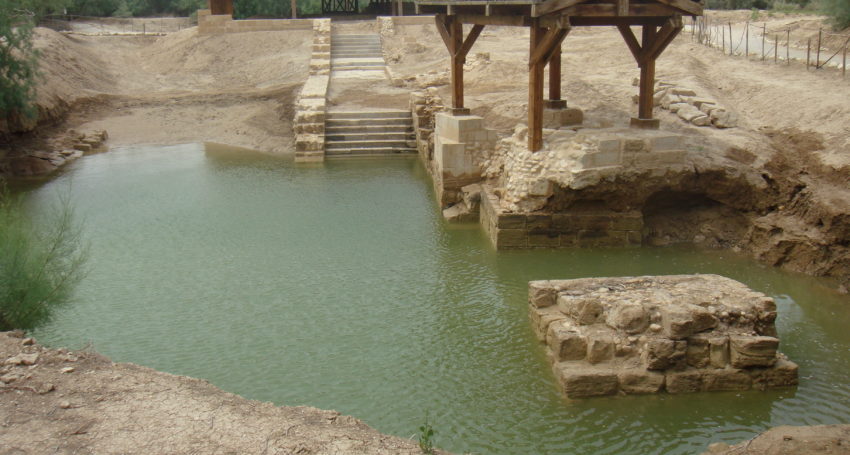
We started with a tour to the River Jordan which we hear so much about that we tend to think of it as a majestic stream. In fact, it looked like the River Torrens in its dying stages, a simple little stream, muddy and uninspiring. But this river in which Jesus was baptised has been revered since the 3rd century and you can see the flag stones and masonry constructed by those first Christians who venerated the place where he was baptised.
Advertisement
As we looked at it through the fence, our Palestinian guide said simply: ‘This is where the Blessed Trinity revealed itself.’
The gospel scene of the three persons of the Trinity declaring themselves and endorsing the mission of Jesus made it a very powerful moment; to see the contrast of the majesty of what was being said and the simplicity and earthliness of the desolate scene before us. So very human and so very ordinary and yet it was a place of encounter between humanity and the creator God.
For Jesus it was a turning point and it was the beginning of something new for the Earth, for the Universe. He underwent his baptism and went from being a carpenter in Nazareth to a wandering preacher of renewal.
The River Jordan where he was immersed is a symbol of the history of humanity – the great civilisations came into contact with it. Whether it was the ancient Assyrians, the Persians or the Egyptians, these mighty kingdoms and empires all had dealings with the River Jordan, a symbol of humanity with all its pomp and ceremony and the simplicity of what we can evolve into.
Jesus was submerged into this symbol of humankind, every part of his body was covered with water, plunged into the river of our story of who we are.
Archbishop Oscar Romero, who was assassinated while saying Mass by people against whom he was arguing over land ownership in El Salvador, wrote: ‘I am a shepherd who with his people has become the most beautiful and difficult truth, our Christian faith requires that we submerge ourselves in the world.’
Jesus the redeemer and the suffering servant immersed Himself in humanity.
We think of the people who have lost so much in the bushfires, to whom do they turn? Jesus took on himself all the sufferings that would one day beset humanity, be it famine, plague or war, be it Auschwitz and genocide, be it natural disasters like these bushfires.
Jesus took all that on Himself as he went down to the River Jordan to submerge Himself in our story and to rise as a new man to be our redeemer. Sometimes in our suffering there is no room for words, only silence and sorrow; ‘within thy wounds hide me’.
Advertisement
Just as baptism was a turning point for Jesus, so it was for us. Many of us may not even know the date of our own baptism or where to find it, but our baptism changed us. It converted us into being a member of the body of Christ, it made us who we are, the presence of Jesus in the world, persons who by our way of life show the impact of the Holy Spirit through our actions, our attitude to others, our prayerfulness, our ability to stand up against the crowd.
Each of us is to live that vocation in our own way because no-one else is us. We were called forth from the mind of God before all ages began.
Bishop Greg O’Kelly SJ
Apostolic Administrator
Archdiocese of Adelaide
Bishop of Port Pirie Diocese


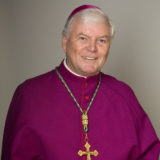
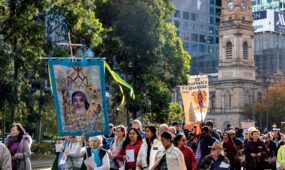
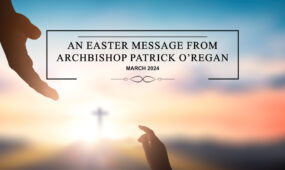

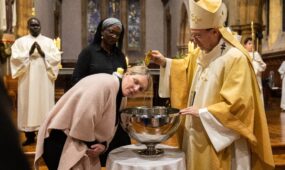

Comments
Show comments Hide comments